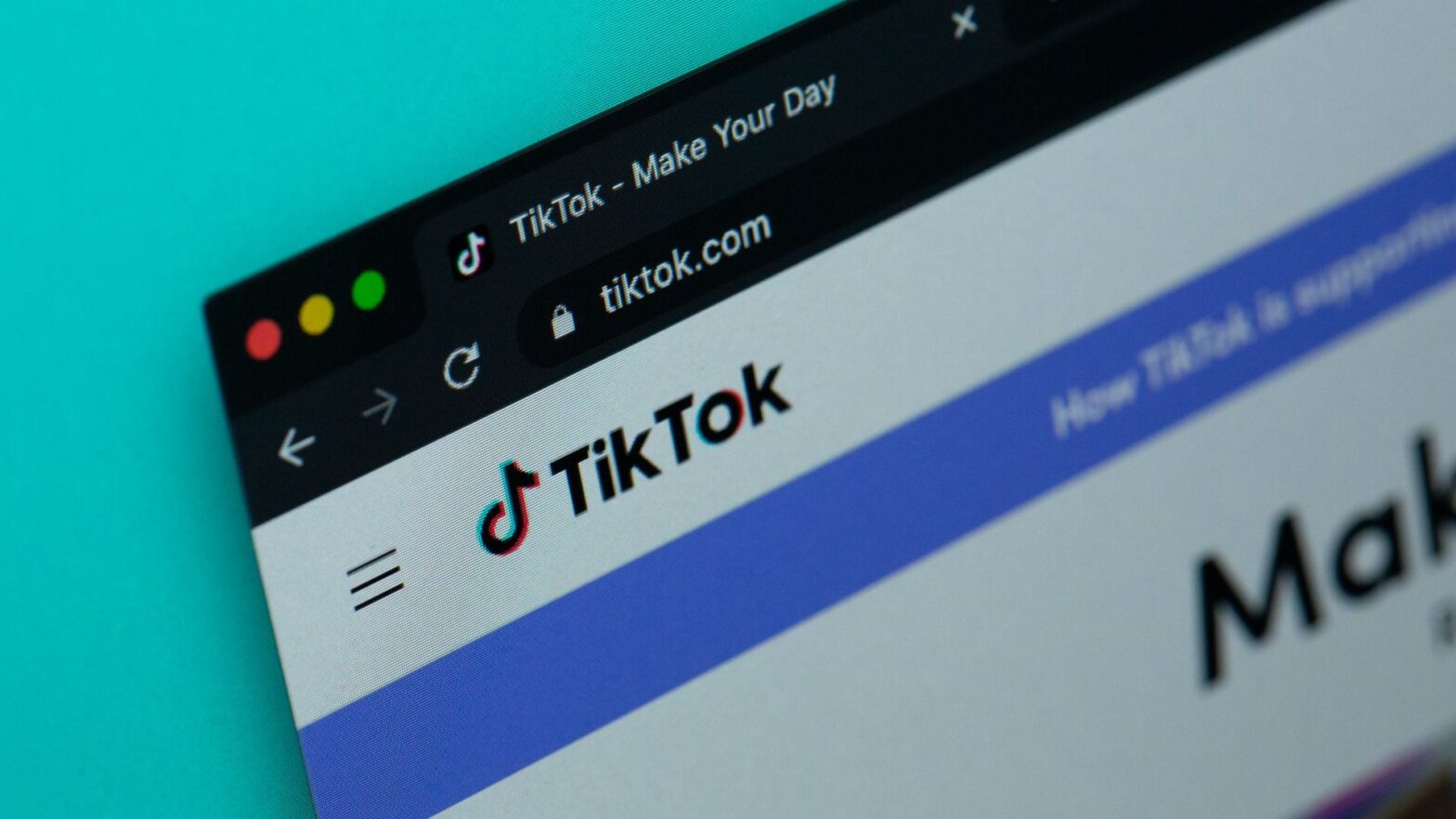In a surprising turn of events, TikTok has made its way back onto US app stores after a tumultuous period of absence. The popular short-form video platform, which had been embroiled in a complex web of national security concerns and regulatory challenges, is once again available for download on major app distribution platforms in the United States. However, this apparent victory for the social media giant raises more questions than it answers.
The journey of TikTok in the US market has been anything but smooth. Since 2020, the app has been under intense scrutiny due to its Chinese ownership, with fears that user data could be accessed by the Chinese government. These concerns led to a series of executive orders and legal battles that threatened to ban the app entirely from the US market.
A Temporary Reprieve?
While TikTok’s return to app stores might seem like a resolution to its troubles, skeptics argue that this could be merely a temporary reprieve. The exact nature of any agreements reached between TikTok and US regulators remains shrouded in mystery, leaving room for speculation about the app’s long-term future in the country.
According to TechCrunch, “Current U.S. President Donald Trump on January 20 signed an executive order aimed at delaying the ban, giving ByteDance a 75-day extension to find a buyer for its U.S. operations.” This extension has allowed TikTok to resume operations, but it’s unclear whether this is a permanent solution or simply kicking the can down the road.
Project Texas: A Silver Bullet or Smoke and Mirrors?
TikTok’s primary defense against security concerns has been “Project Texas,” a comprehensive plan to store US user data within the country and limit access from overseas, particularly China. This initiative involves partnering with Oracle, a US-based cloud services provider, to host all US user data on domestic servers.

However, cybersecurity experts remain cautious about the effectiveness of these measures. While data localization is a step in the right direction, it doesn’t completely eliminate the potential for data misuse or unauthorized access. The devil, as they say, is in the details – details that TikTok has been less than forthcoming about.
Market Implications and Competitive Landscape
TikTok’s absence from US app stores had created a vacuum that competitors were quick to fill. Platforms like Instagram Reels, YouTube Shorts, and Triller seized the opportunity to capture market share in the short-form video space. Now, with TikTok’s return, the competitive landscape is set for another shake-up.
Sensor Tower data, as reported by TechCrunch, indicates that TikTok was the second most downloaded app in the US last year, with 52 million downloads. This statistic underscores the app’s popularity and potential impact on its return. However, it remains to be seen whether TikTok can reclaim its throne or if users have found new homes during its absence.
The Geopolitical Chessboard
TikTok’s saga is more than just a story about a social media app; it’s a microcosm of the broader geopolitical tensions between the US and China. The app’s fate has become intertwined with discussions about data sovereignty, national security, and the global digital economy.
President Trump’s suggestion of the US owning a 50% share in TikTok through a joint venture with other tech companies adds another layer of complexity to the situation. This proposal, along with the idea of using a sovereign wealth fund to purchase TikTok’s US operations, raises questions about the role of government in private enterprise and the potential for setting problematic precedents in international business dealings.
A Cautionary Tale for Tech Companies
TikTok’s tribulations serve as a stark warning to other tech companies, particularly those with international operations. The incident highlights the increasing importance of data localization, transparent privacy practices, and proactive engagement with regulatory bodies.
As the digital world becomes increasingly interconnected, companies may find themselves caught in the crossfire of international politics. TikTok’s experience underscores the need for robust contingency plans and a deep understanding of the geopolitical landscape in which these companies operate.
The Road Ahead
While TikTok users in the US may be celebrating the app’s return, the company’s future remains uncertain. The 75-day extension granted by the Trump administration is a ticking clock, and ByteDance still faces the monumental task of either selling TikTok’s US operations or finding an alternative arrangement that satisfies regulators.
As this drama continues to unfold, one thing is clear: the TikTok saga is far from over. The app’s return to US app stores may be a significant milestone, but it’s merely one chapter in a complex narrative that touches on issues of national security, data privacy, and the evolving relationship between technology and geopolitics.
For now, TikTok dances on, but the music could stop at any moment. Users, creators, and industry watchers would do well to remain vigilant and prepared for whatever twist this technological tale may take next.


















